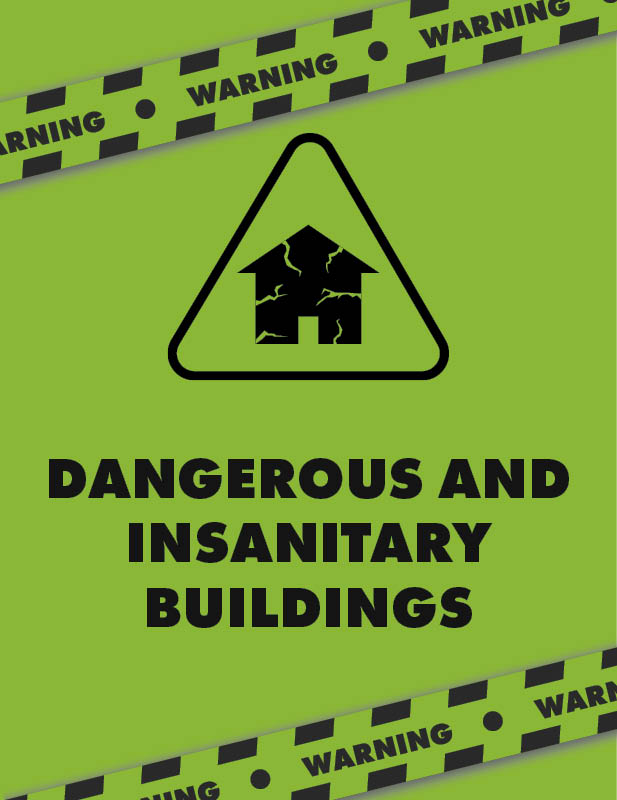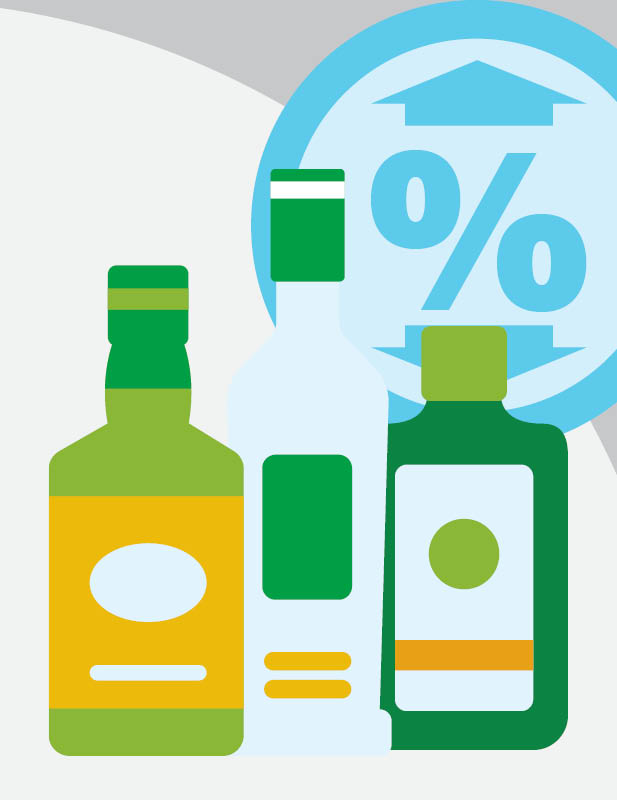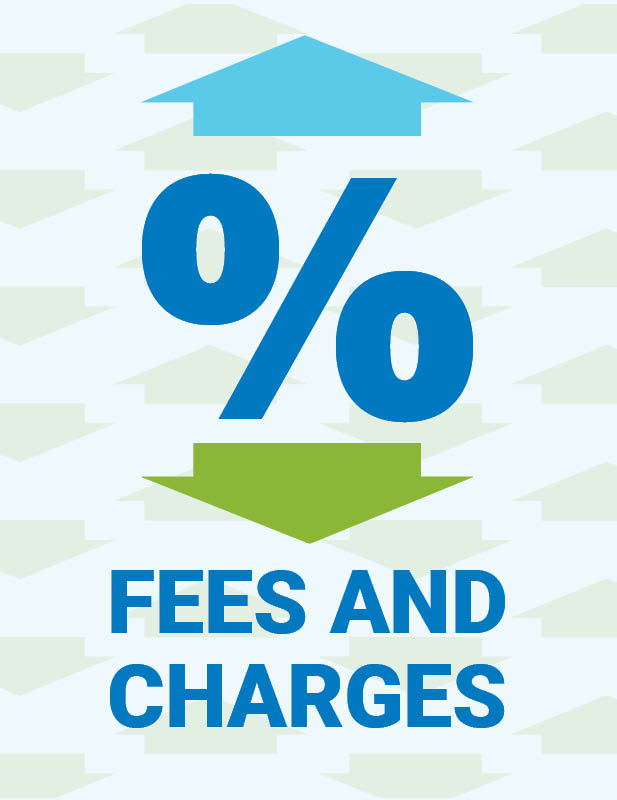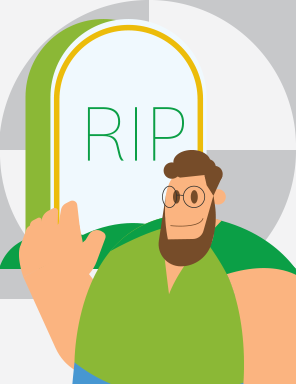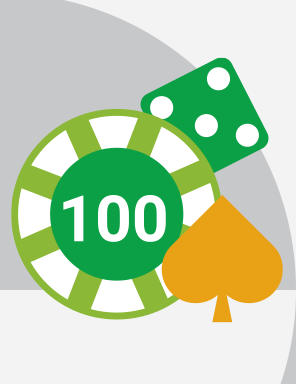
Gambling Venue and TAB Venue Policies
Background
Our Gambling Venue and TAB Venue Policies are up for review. We are required by law to have these policies and review them every three years.
Our policies set whether new gambling venues with pokie machines and standalone TAB venues are allowed to operate in the district, and if so, where they may be located.
We have limited control over gambling. Here are some things we can't do:
- Close existing gambling venues
- Control the hours of operation of gambling or TAB venues
- Decide how gaming machine profits are distributed
- Control casinos, Lotto, or online gambling
Following the 2025 review and early feedback, there are some changes that can be made to these policies. The changes we are proposing have been put into a Statement of Proposal.
If you agree with the proposed changes, think something is missing, or you think another approach would be better, let us know. You can join the conversation by making a submission below.
For more information about these policies and what they do, you can check out our FAQs.
What are we proposing?
We recognise that for many people, gambling and betting have entertainment and economic benefits in our communities. However, we also recognise the harm gambling and betting can have on people in the wider community.
We aim to take a balanced approach to minimise gambling harm by controlling the growth of gambling in the district.
Some of the changes we are proposing are:
- Requiring all new gambling venues with pokies and TAB venues to be at least 100 metres away from 'sensitive sites' (places like schools, churches, marae, and playgrounds).
- Allowing no more than 15 gambling venues with pokie machines to operate in the district at one time.
- Allowing no more than 201 pokie machines to operate in the district at one time.
- Setting the number of pokie machines, gambling venues, and TAB venues allowed in the district at one time until the next review.
- Update the application requirements for new gambling or TAB venues.
For more information on what we're proposing and why, check out our Statement of Proposal and Social Impact Assessment.
Consultation documents
Gambling by the numbers
*numbers as at March 2024
How to seek help
We recognise gambling can be a sensitive topic. If you need to talk you can reach out to the services listed below.
Phone 0800 654 655 or text 8006 to get in touch with free and confidential services available 24/7, or find more information at the Gambling Helpline.
For information on safe gambling, you can visit Safer Gambling Aotearoa.
Get in touch
Contact us if you have any enquiries or want to know more about the draft policy or the consultation process.
Frequently Asked Questions
The Department of Internal Affairs identifies four classes of gambling from Class 1 to Class 4.
Class 1 gambling is considered low risk and refers to things like office sweepstakes where the prizes aren’t worth more than $500.
Class 4 gambling refers to pokie machines outside of casinos (in pubs or clubs) which are a form of ‘continuous gambling’.
Pokies outside of casinos are considered high-risk and high-turnover gambling because the prizes are awarded immediately, and can be put back into the machine right away.
You can find more information on the classes of gambling here.

